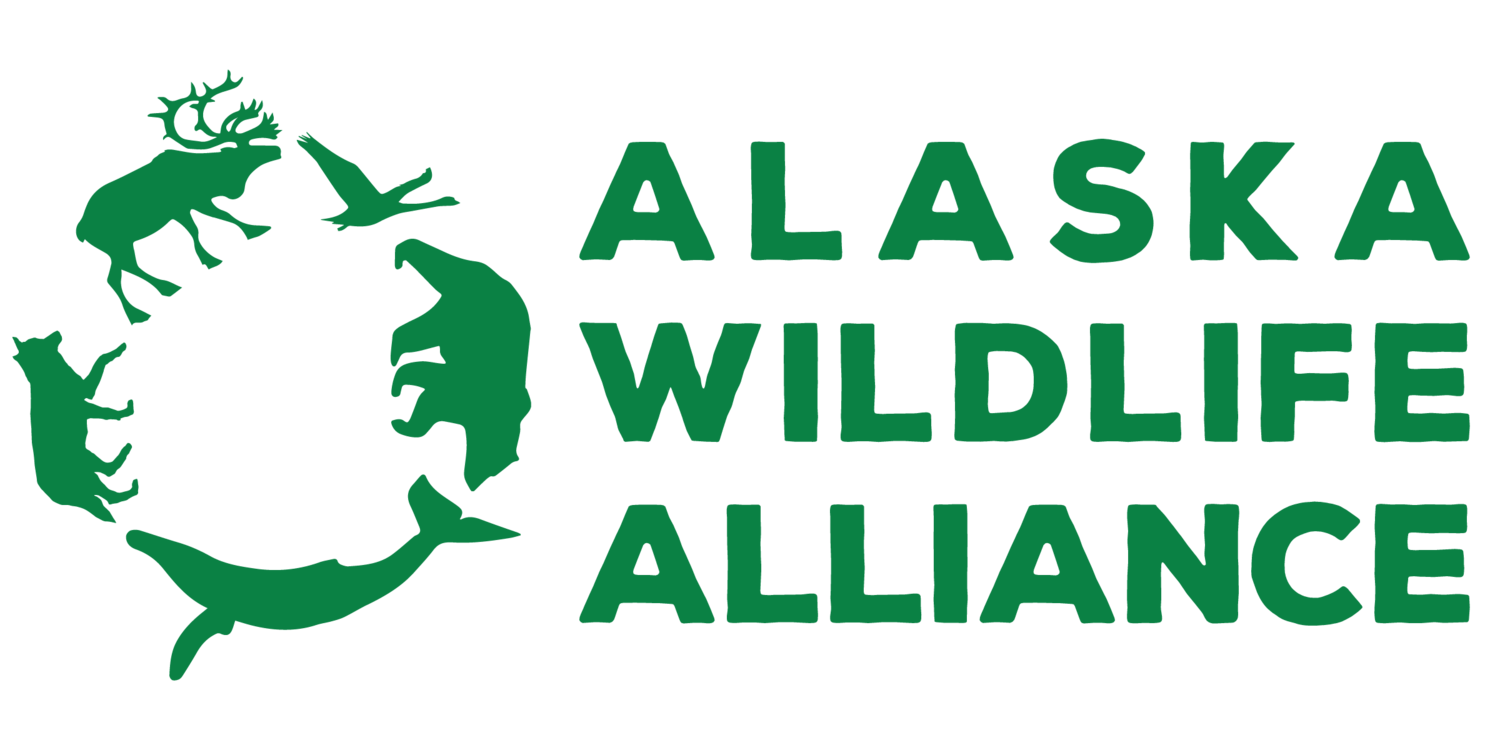Promoting Ethical Management Practices Based on Ecosystem Health
We advocate for wildlife management actions aimed at sustaining healthy, functioning ecosystems. Why? Functioning ecosystems are found to be more productive than non-functioning ecosystems, are more likely lead to harvestable surpluses of game species, and better allow for opportunities for various wildlife users (such as ethical hunting and wildlife viewing).
In the last several years, the State of Alaska, via the Board of Game, has allowed an increasing number of liberalized and unethical methods of hunting and trapping wildlife, and extended seasons to increase opportunities to harvest predator species. Management plans involving predator reduction efforts with the intent or potential to manipulate natural ecosystems or processes (including natural predator/prey dynamics, distributions, densities, age-class distributions, populations, genetics, or behavior of a species) for the purposes of increasing the numbers of harvested species are inconsistent with maintaining functional, healthy ecosystems.
To achieve our goals, we:
Work to propose an alternative to the Intensive Management Act of 1994.
Engage with the public and decision makers to maintain that predator control should be banned on federal lands.
Gather information on the cost of predator control for both humans and wildlife.
Learn more about our work on the ethical management practices
Listen to AWA’s Executive Director discuss Denali wolves and our efforts to protect them.
The 9th U.S. Circuit Court of Appeals ruled yesterday that the U.S. Fish and Wildlife Service must correct legal errors with a regulation that allows oil and gas companies to harass Southern Beaufort Sea polar bears on the North Slope of Alaska.
Our comments on the Interior Board of Game meeting, advocating for wildlife in State management decisions.












